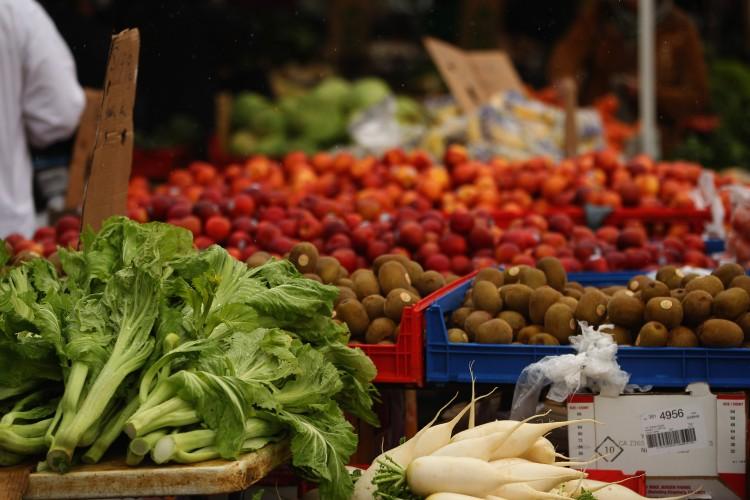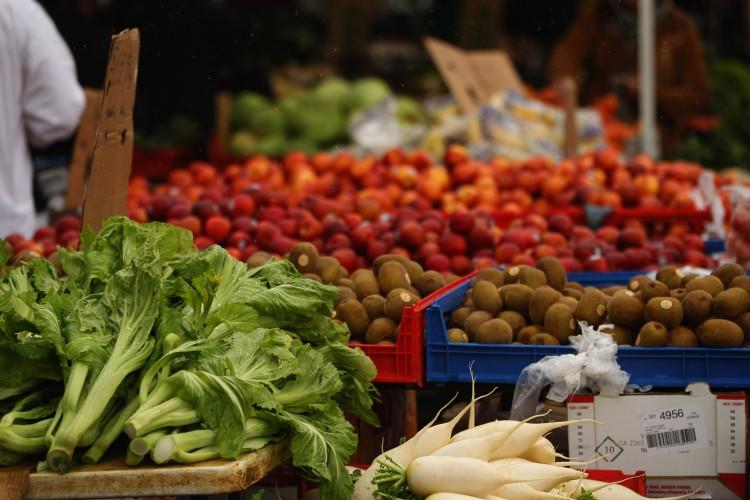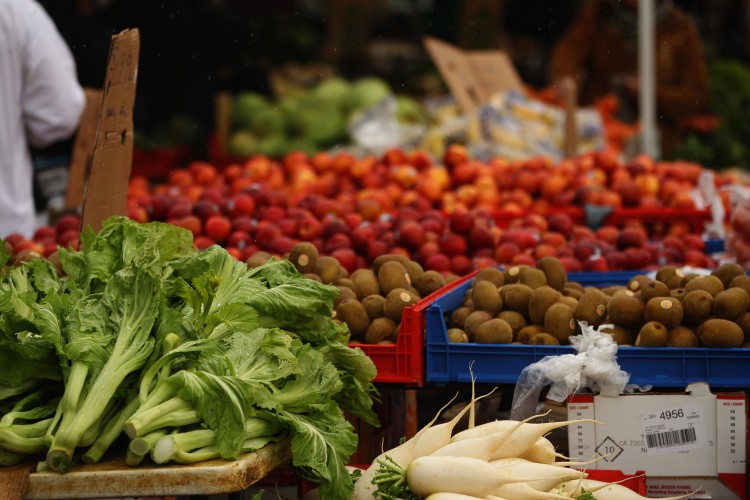Assessing New Zealand’s Food Security
New Zealand is one of many countries upon whom China’s entrepreneurs have cast their eyes for opportunities to buy farmland.

Fresh produce, fruit and vegetables are sold at the Wesley Market in Mt Roskill on Sept. 2, 2011, in Auckland, New Zealand. Phil Walter/Getty Images
|Updated:




